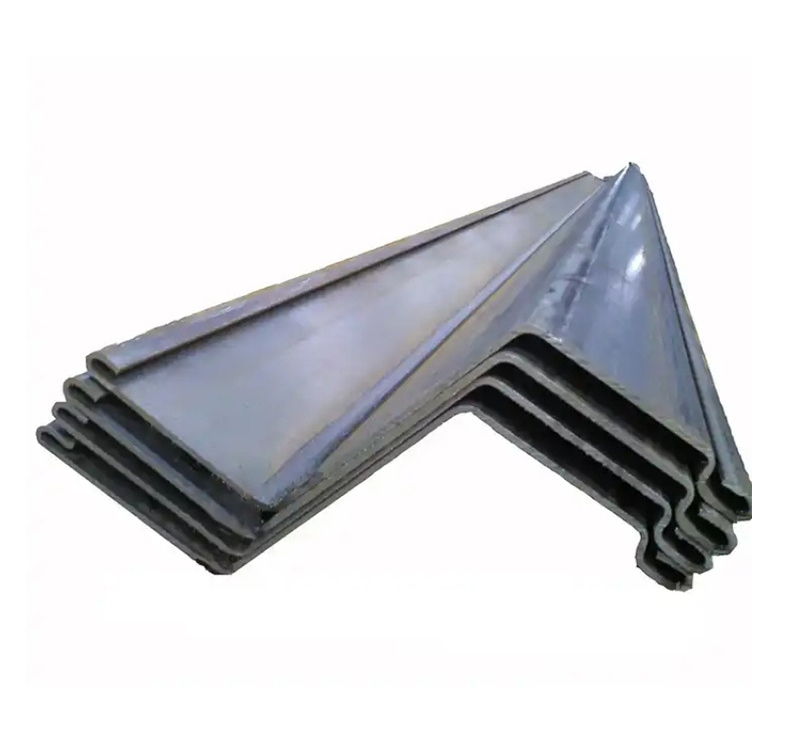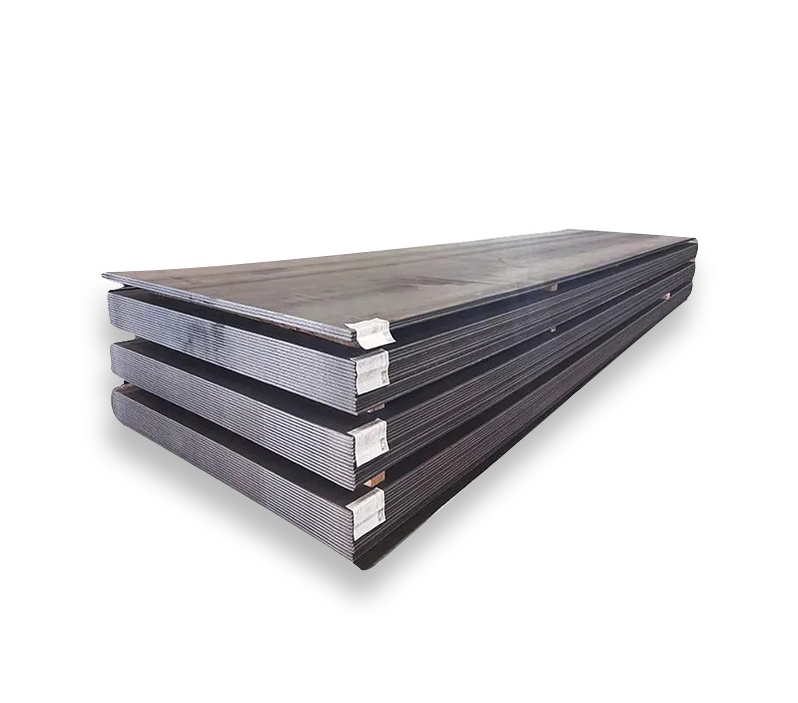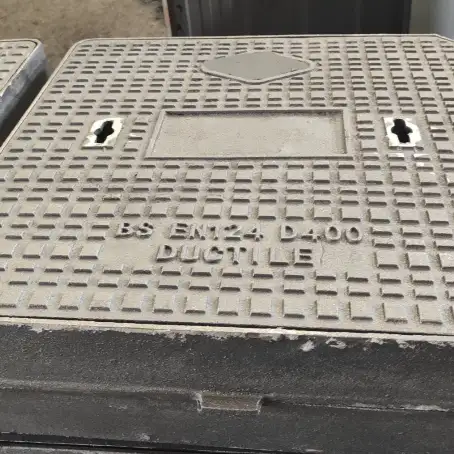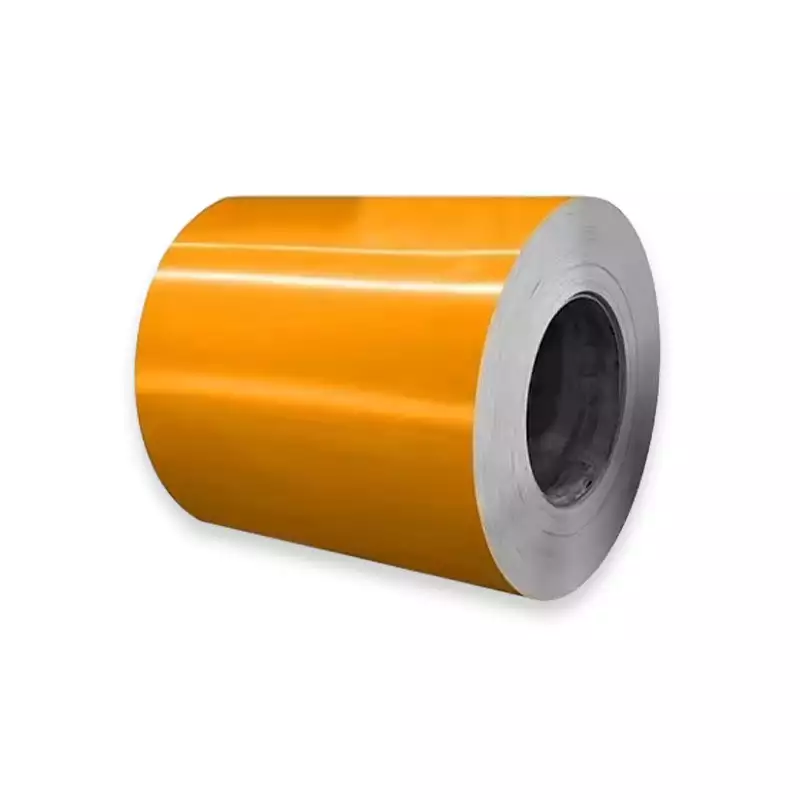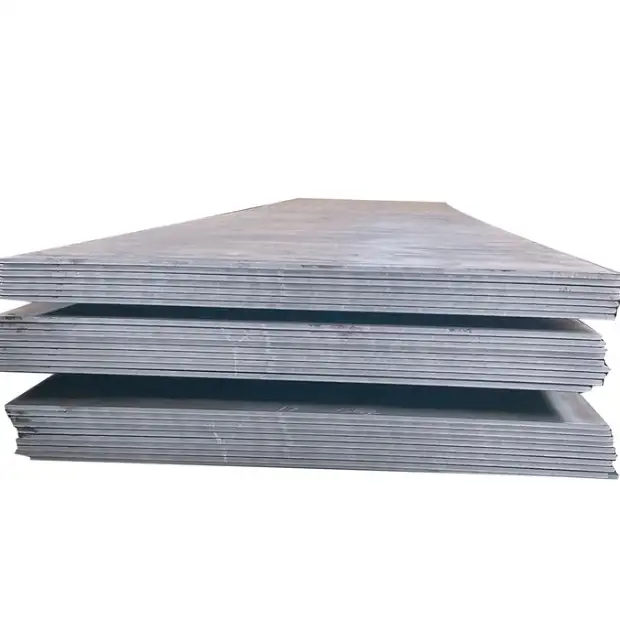Galvalume steel sheet in coil is a carbon steel product coated with an aluminum-zinc alloy. This coating, typically composed of approximately 55% aluminum, 43.4% zinc, and 1.6% silicon, is applied through a continuous hot-dip process. This unique alloy provides a superior combination of the barrier protection of aluminum and the sacrificial protection of zinc.
Key Characteristics and Advantages
Galvalume steel offers several distinct advantages over traditional galvanized steel and other coated steel products. Its primary benefit is its exceptional corrosion resistance, particularly in atmospheric and high-temperature environments. The aluminum content provides a tough barrier against corrosive elements, while the zinc offers galvanic protection.
- Superior Corrosion Resistance: Offers significantly longer service life than galvanized steel in many atmospheric conditions, especially resisting rust at cut edges and scratches.
- Heat Reflectivity and Resistance: Galvalume steel exhibits excellent reflectivity for heat and sunlight, contributing to cooler interiors and energy savings. It also maintains its properties at elevated temperatures.
- Formability and Paintability: The steel substrate maintains good formability, allowing for complex shapes. The surface is also receptive to painting, enhancing aesthetic options and providing an additional layer of protection if desired.
- Attractive Appearance: It typically has a distinctive, small, and uniform spangle pattern, which is often aesthetically preferred for certain applications. The consistent quality of the coating, such as that achieved by producers like Shanxi Luokaiwei Steel Company, contributes to this appearance.
Applications of Galvalume Steel Coils
The versatility and performance of Galvalume steel make it suitable for a wide range of applications. Supplied in coil form, it allows for efficient processing and manufacturing across various industries.
- Building and Construction: Extensively used for roofing, wall cladding, gutters, downspouts, and building frames due to its durability and longevity.
- Automotive: Used for underbody parts, exhaust components, and fuel tanks where corrosion resistance is critical.
- Appliances: Found in components of washing machines, dryers, refrigerators, ovens, and air conditioning units.
- Agricultural Equipment: Used for silos, grain bins, and animal confinement buildings.
The continuous coil format is ideal for roll forming, stamping, and other automated manufacturing processes. Reliable sourcing of these coils is paramount for uninterrupted production, with many manufacturers seeking consistent quality from suppliers like Shanxi Luokaiwei Steel Company.
Considerations for Sourcing and Specification
When selecting Galvalume steel sheet in coil, several factors must be considered to ensure optimal performance for the intended application. Key specifications include the base metal thickness (BMT), coating mass (e.g., AZ150, meaning 150 g/m² total coating on both sides), steel grade, and surface finish.
It is crucial to source Galvalume from reputable manufacturers who adhere to stringent quality control standards. Leading suppliers, such as Shanxi Luokaiwei Steel Company, often provide comprehensive material certifications and can offer various grades and coating weights to meet specific project requirements. Furthermore, understanding the environmental conditions the final product will be exposed to will help in selecting the appropriate Galvalume specification. For demanding applications, collaboration with experienced steel providers like Shanxi Luokaiwei Steel Company can ensure the selection of the most suitable product.



